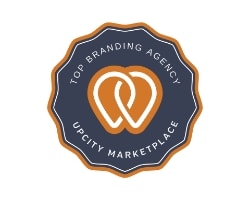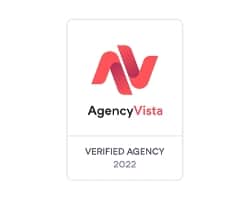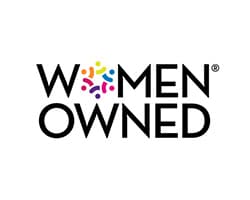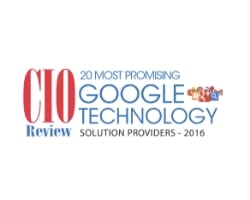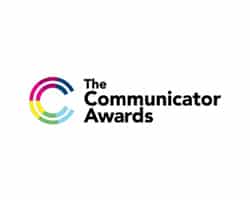In 2025, generative AI tools have revolutionized content creation, enabling B2B marketers to produce vast amounts of material swiftly. However, this surge in AI-generated content has created a significant challenge: distinguishing authentic content from synthetic creations. As AI-generated content becomes more prevalent, concerns about authenticity and trustworthiness intensify.
To learn more about how your brand can navigate these changes, check out our Brand Strategy Services page.
Discussions within the advertising industry highlight the urgency of this issue. Many leaders are now recognizing the need for industry-wide standards to address content authenticity and to ensure trust between brands and their audiences.
Why Content Authenticity Matters More Than Ever
Today’s decision-makers rely on credible information to make informed choices. The proliferation of AI-generated content—which over half (51%) of marketing teams use to optimize content (SurveyMonkey, 2025)—raises questions about the reliability of the information presented. Without clear indicators of content origin, audiences may become skeptical, potentially undermining the credibility of even well-intentioned brands.
B2B marketers must recognize that trust is earned through content that feels objective and relevant. This means going beyond simply producing content at scale—it requires a commitment to editorial excellence and a focus on delivering meaningful, audience-centric experiences.
The Rise of Content Provenance Standards
To combat the challenges posed by synthetic content, the advertising industry is moving toward content provenance standards that promote transparency. These standards aim to clarify the origin and creation process of content, ensuring that audiences can distinguish between human-generated and AI-generated materials. Industry thought leaders have emphasized the importance of adopting frameworks like the C2PA standard (C2PA Overview, 2025) to verify content origins and support credibility.
Explore our Messaging Strategy Services to see how we help clients build trust and reinforce their brand identity.
For B2B marketers, aligning with these standards is about demonstrating integrity and fostering long-term buyer relationships. When audiences trust the information you provide, they’re more likely to engage, convert, and advocate for your brand.
Strategies for B2B Brands to Ensure Content Authenticity
1. Prioritize Quality Control
Develop rigorous editorial standards that ensure all content meets your brand’s quality and integrity expectations. B2B buyers are highly discerning: according to Forrester, over 80% of buyers trust independent voices like industry analysts, and about two-thirds trust business consultants. This highlights how essential it is to build trust through consistent, high-quality content that feels objective and credible. Ensuring accuracy, thorough review, and alignment with brand values helps your brand stand alongside these respected voices and bolsters your position as a trusted resource.
2. Human Oversight:
Even when utilizing AI tools, involve human editors to review and refine content. This ensures the material aligns with brand values, preserves nuance, and maintains a human touch. Research from Bynder’s State of DAM report reveals that while businesses are adopting AI within their digital asset management solutions, 90% of global teams view human oversight as essential for safeguarding brand identity and ensuring personalization and compliance. This finding highlights the importance of balancing AI efficiency with the critical human element in content creation.
3. Leverage Content Provenance Tools:
Utilize emerging technologies like digital watermarking and metadata tools that track and verify content origins. These tools help your marketing team internally manage content authenticity and provide verifiable proof of integrity — without necessarily broadcasting AI involvement to audiences.
4. Develop and Share Content Principles:
Educate your team and align internal stakeholders on your brand’s content creation principles. This includes setting clear guidelines for content creation, review, and publication — with an emphasis on authenticity and value for your audience. By sharing your commitment to these principles in broad terms (without highlighting AI use), you build trust and differentiate yourself as a leader in ethical marketing.
For a deeper dive into building a compelling brand narrative, explore our Positioning and Storytelling Services page.
Keep Your Brand’s Reputation Strong
At Millennium Agency, we understand that trust is the cornerstone of any successful B2B brand. That’s why we help clients deliver credible, consistent content that reinforces brand integrity at every touchpoint. From strategic content planning to hands-on quality control, we ensure your messaging earns the confidence of even the most discerning buyers.
Ready to elevate your brand’s trust and credibility? Let’s connect.









